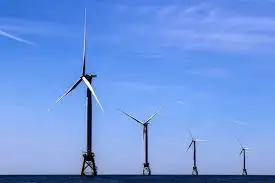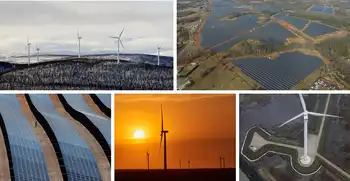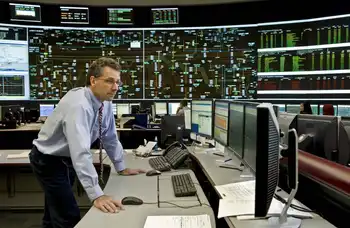Bayh calls for "plug-in" autos
INDIANAPOLIS, INDIANA - Sen. Evan Bayh is urging the development of "plug-in" electric vehicles to reduce oil consumption and the emission of greenhouse gases.
The comments by the Indiana Democrat followed President Bush's offer of $17.4 billion in rescue loans to the auto industry.
"For a fraction of what the federal government has spent to bail out Wall Street, we can create the next generation of high-mileage vehicles, and Indiana can lead the way with cutting-edge technology being made right here within our borders," Bayh said at a news conference at the Indianapolis Motor Speedway. "Our state can help America move past Band-Aid solutions and help ensure the long-term viability of the domestic automobile industry."
Bayh said vehicles that use electricity would produce cleaner air, provide greater energy security and save money on fuel, operation and maintenance.
Companies around the world already are competing to bring affordable, high-mileage vehicles to the marketplace, he said.
He cited BYD Co. of China, which presented a hybrid vehicle that can run up to 62 miles on its electric engine and then shift to a backup gasoline engine when its battery runs low. That car will sell for $22,000, about the same as many Chinese-made mid-sized cars, the company said.
"I have faith in the manufacturing ingenuity of Hoosiers to be able to compete head-to-head with companies around the world. We have been doing it for decades," Bayh said.
"Hoosier companies will tell you that their technologies combined with government incentives will dramatically drive down price in the near-term. I believe it is important for the stimulus package to jump-start economic growth in a manner that also puts us on a glide path toward long-term economic stability and transformation," he said.
Related News

Maritime Link almost a reality, as first power cable reaches Nova Scotia
HALIFAX - The longest sub-sea electricity cable in North America now connects Nova Scotia and Newfoundland and Labrador, according to the company behind the $1.7-billion Maritime Link project.
The first of the project's two high-voltage power transmission cables was anchored at Point Aconi, N.S., on Sunday.
The 170-kilometre long cable across the Cabot Strait will connect the power grids in the two provinces. The link will allow power to flow between the two provinces, and bring to Nova Scotia electricity generated by the massive Muskrat Falls hydroelectric project in Labrador.
Ultimately, the Maritime Link will help Nova Scotia reach the renewable energy…




